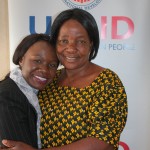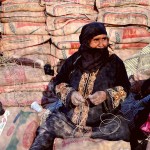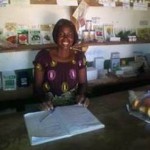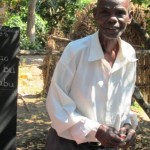
Wildlife crime is on the rise throughout sub-Saharan Africa and, with over 20 national parks and 34 game management areas, Zambia is not immune. Accounting for over 7 percent of the country’s gross domestic product, Zambia’s tourism industry is under threat from poaching and illegal wildlife trafficking.

In Zambia, women hold a small minority of official leadership positions. While many desire to occupy leadership roles within their communities, workplaces, and on the national stage, they collectively do not have the skills and opportunities to ascend to these positions in significant numbers.

Ageleh Al Jmeidi is in many ways the matriarch of the site that has become home to a USAID project that helps train local community members in archaeological conservation and preservation, with the ultimate aim of providing sustainable economic opportunities.

In rural communities across Zambia, small-scale farmers have faced ongoing difficulty increasing their yields and turning a profit. The primary problem is that local farmers are unskilled in commercial farming practices.

Mwamba Nsebula is also a village headman in the Mporokoso district in Northern province, whose passion for helping students has only grown throughout his lifetime. In 1987, Nsebula began helping students in his village pay for their school tuition and, in 2012, he established a community literacy nsaka, or meeting place, which has now become a vibrant community literacy center.








Comment
Make a general inquiry or suggest an improvement.